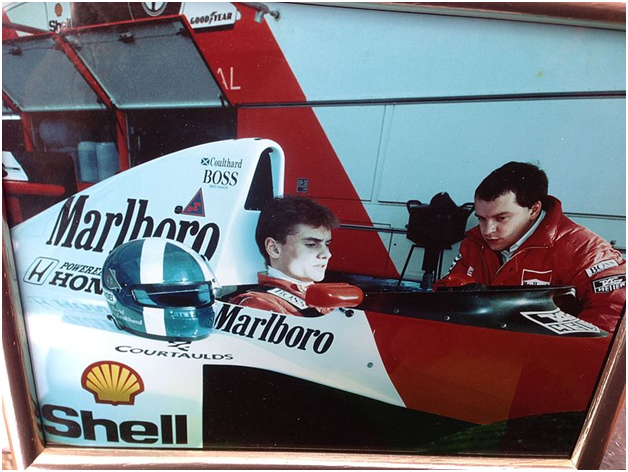A Formula 1 (F1) race engineer is a coveted position – for many people it is their idea of a dream job. For those who have it, it may just be that. Though it is a multi-faced role, with the right skills, attributes, qualification, some determination and just a bit of luck, you may be able to make the grade.

Qualifications
F1 drivers require a degree or equivalent qualification in automotive or chemical engineering. It is a highly competitive position, so you want to get a good degree.
The prerequisites to the degree are passes in A level subjects, including Mathematics, Chemistry and Physics. Passes in these subjects will be needed to gain entry to university.

Skills and Attributes
To become a race engineer, it helps if you have a passion for the sports. If you do not, it would be harder for you to deliver at the level necessary for your team to succeed. You must be a problem solver, team player and a quick thinker, as you frequently need to make snap decisions which are both accurate and informed and be able to assess situations as they arise. You should possess excellent communication skills. You will need to liaise on behalf of the driver and convey their concern to the rest of the team and also communicate back to the driver. You must learn how to work on your own but must primarily be able to work with others.
The right type of club, such as the Hungary F1 Paddock Club, where entry can be organised by https://edgeglobalevents.com/f1-paddock-club/hungary/, is one way of meeting people who have an interest in or are already associated with F1 racing. You may use these clubs to your advantage to learn and also quite possibly meet the type of people who could advance your career.
Experience
In addition to the skills and qualifications, you will require some amount of experience. This means it is quite likely that you may not land the job immediately after gaining qualification, but rather may have to work your way up from a junior position.
Learn from others who are at the top of their game – learn how they work and see them in action. Try to understand the traits they possess that make them successful and see how you could improve in those areas.
